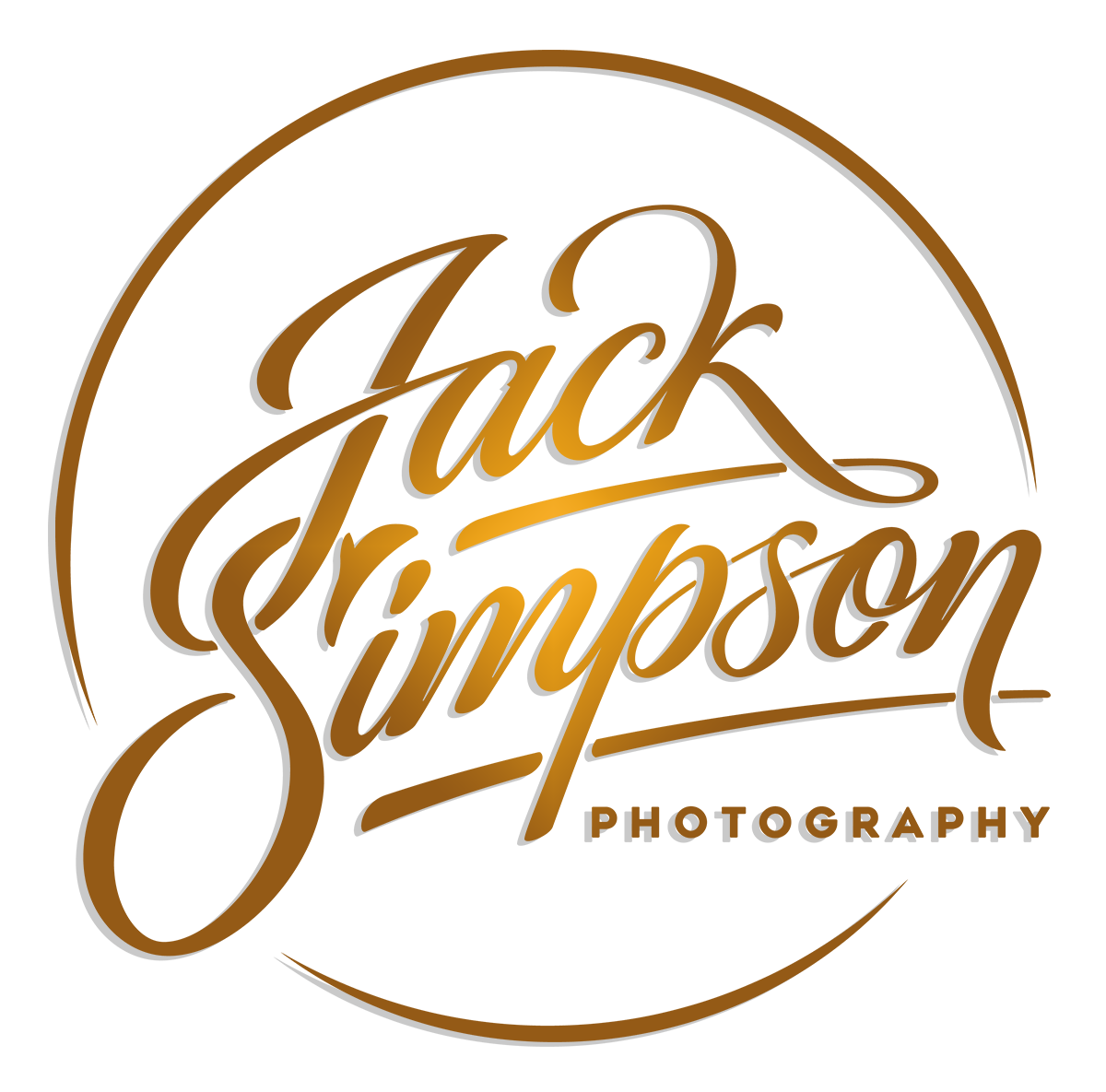Should I hire a second photographer for my wedding?
One question I get asked often is “should we hire a second shooter?” This depends on how much value the couple places on capturing specific times of the day where the camera can only point in one direction or be in one location at a time. From a photographer’s perspective, I have found the two times during the day when a second shooter is of the greatest value is to capture the couple getting ready in two distant locations, and when the bride is coming down the aisle where flip flopping back & forth between the bride and groom’s reaction is not the surest approach to capture each individual faithfully. Of course there are other scenarios, but these two situations in particular are photographically very important moments to document. Let’s take a closer look:
Getting Ready. This is my favorite part of the day to photograph. There is a palpable nervous energy for all involved and I can speak from experience from my own wedding that the anticipation itself turned that part of my wedding day into a complete blur - if it weren’t for our photos, I couldn’t be sure that it even happened at all! Capturing those getting ready moments of the day also allows for a little more creativity with each photo (other than dinner, when will the bride and groom be stationary for any length of time?) The presence of a second shooter allows for the lead photographer to spend more quality time with the bride, to settle in and relax, get to know the space, think through some artistic shots, and just focus on making beautiful photographs. This process is much more metered and calm when I know I don’t have to pack up everything and drive 10 miles across town to begin the process all over again with the groom and his group.
The First Look. If you are planning a first look on your timeline, this is scenario where having two separate photographers, one focused on the bride and one on the groom will yield some pretty great reactions & emotions.
Here comes the bride. Perhaps the most important photograph in the entire album besides the kiss would be the bride coming down the aisle. But what happens when the groom becomes emotional, reacts once or very subtly? These photographs are arguably some of the most emotional moments during the entire day… so can one photographer manage to capture all of those individual moments? Here is where photographic skill and artistic talent have their limitations and having a second shooter is so valuable. One lens on the bride and one lens on the groom & guests will ensure a higher probability that decisive fleeting moments are captured from both vantage points.
Wedding Size. Everything else aside, this would be the single most important detail that should determine whether you should hire a second photographer. If you are planning a large wedding of 100+ guests, do consider that this will be a heavy workload and a very long exhausting day for even the most seasoned photographer and having a second shooter will considerably ease the stress level and burden on one solo photographer.
And now the cons…
There are a few possible drawbacks to having a second photographer one of which being the added cost. While having a second shooter won’t necessarily break the budget for most weddings, it is an added expense that lead photographers work into their packages, so the benefits mentioned above must be weighed. Also consider if you are going to hire a second shooter, why not a third? a fourth? Where does it stop? Couples should consider that sometimes less is more and I’ll explain: Documenting a wedding day from every conceivable angle doesn’t necessarily mean great photographs, it just means more photographs. Documenting the day via one photographer adds a cohesive “feel” to the overall end product. Will the lead photographer and second shooter be using the same gear? Will the photos look like they were taken by two different people? Yikes! Hopefully not, but this is something to consider and it is the single biggest reason that I try to work alone for smaller weddings. Working alone I know what I’ve shot, how I’ve shot it, and what I need to shoot to complete the story.
